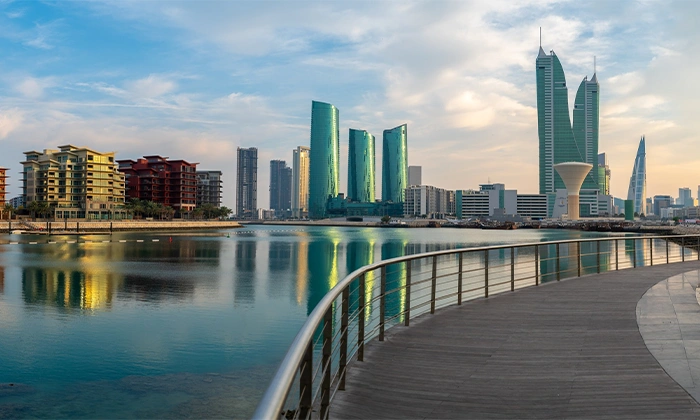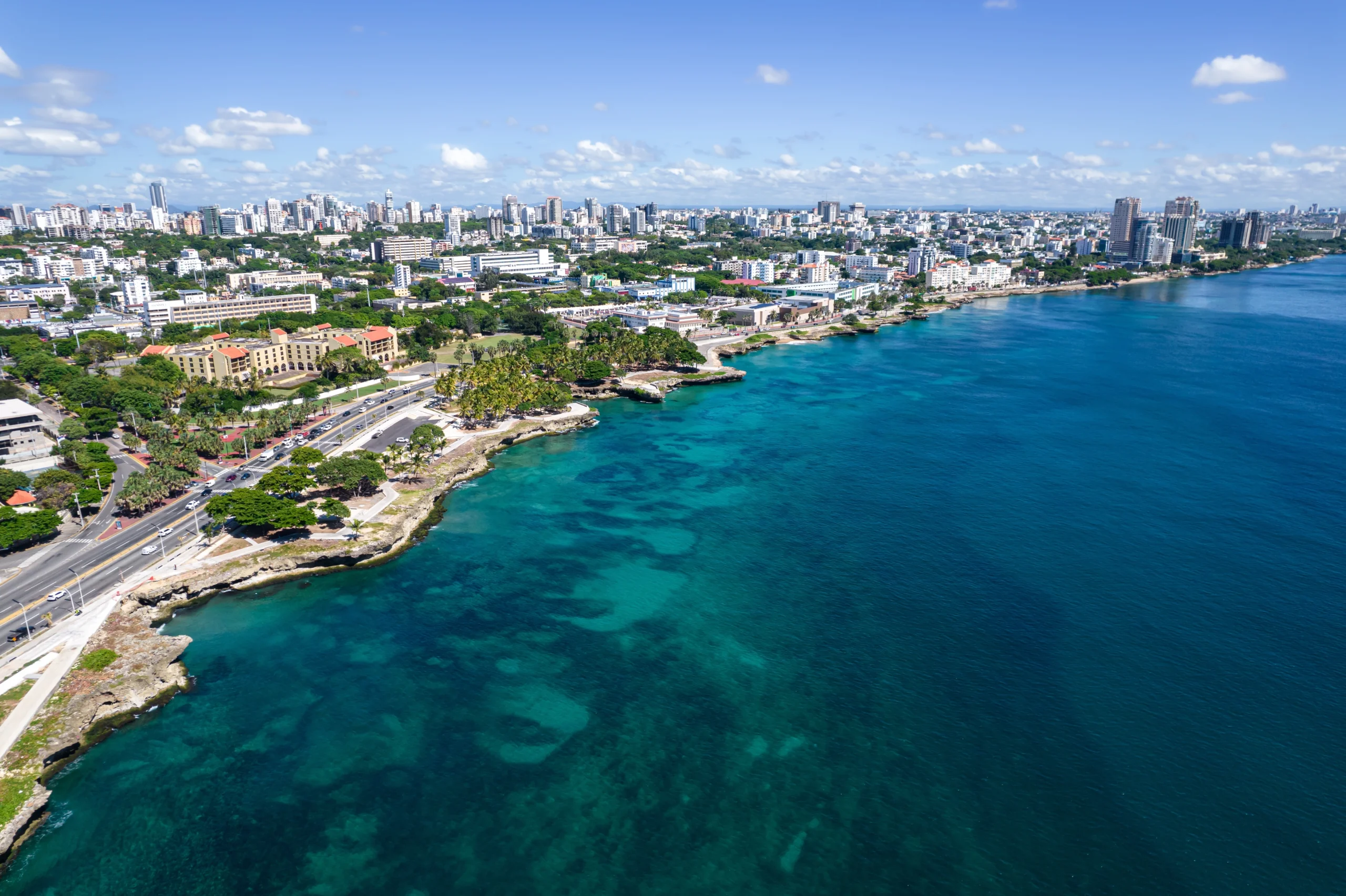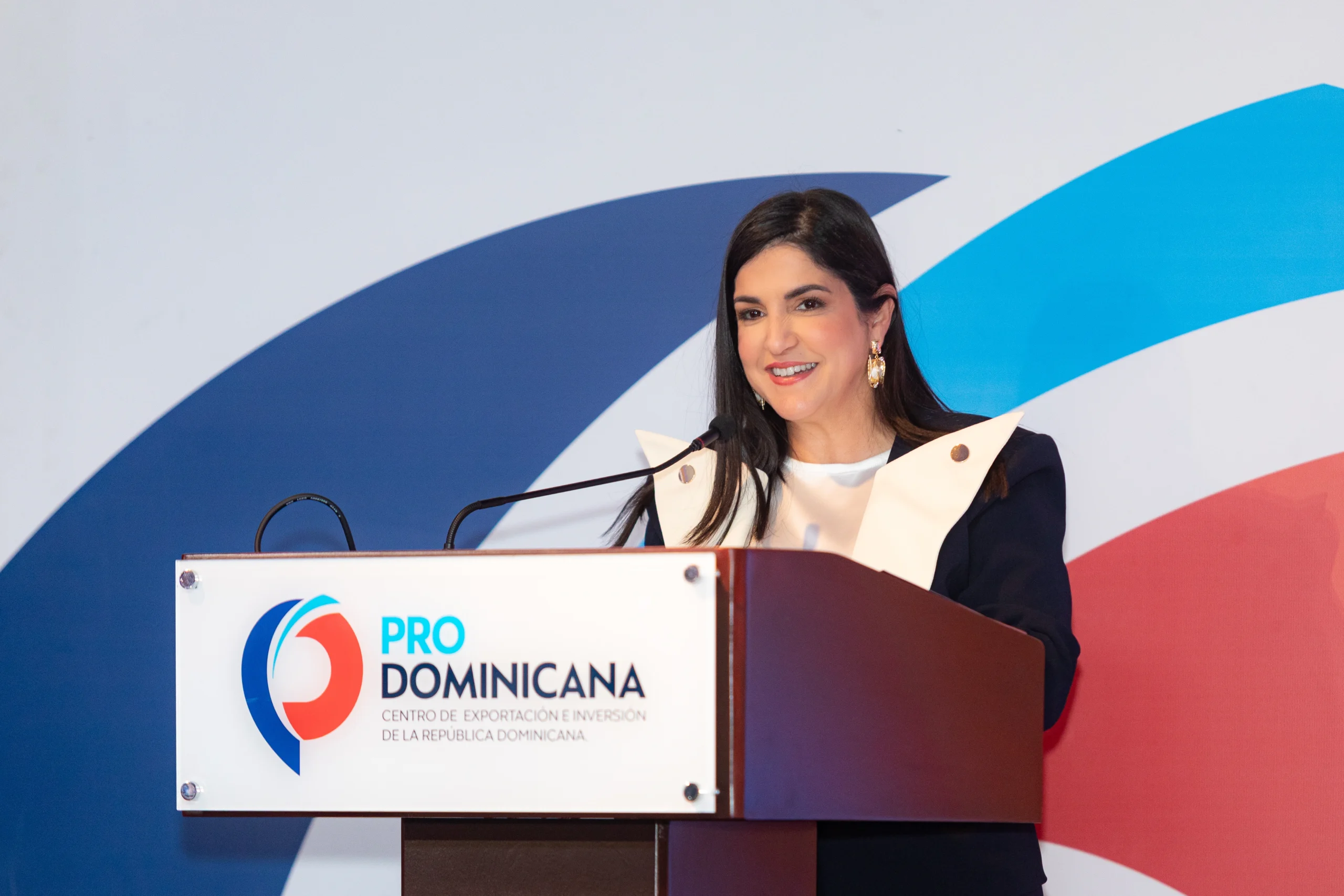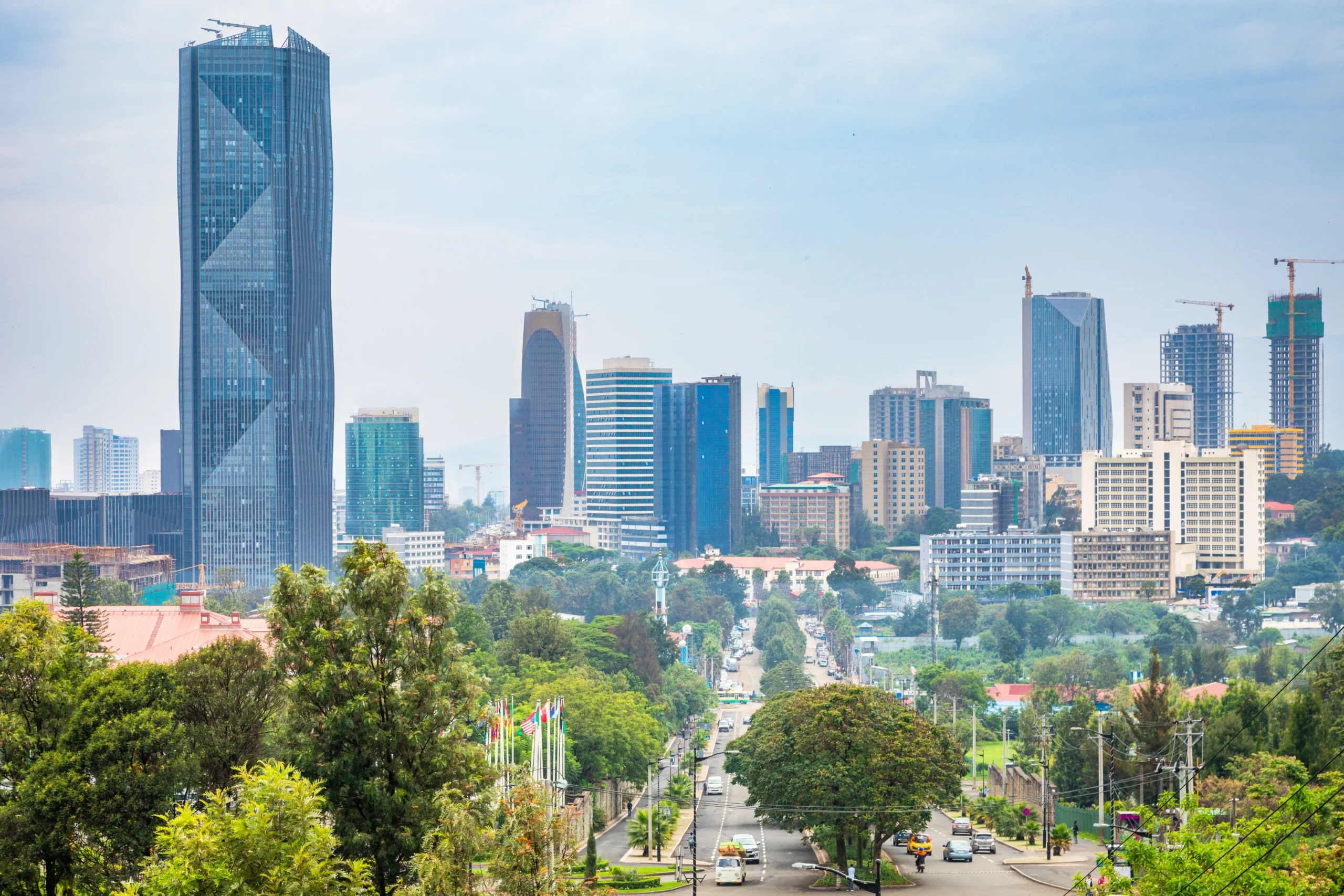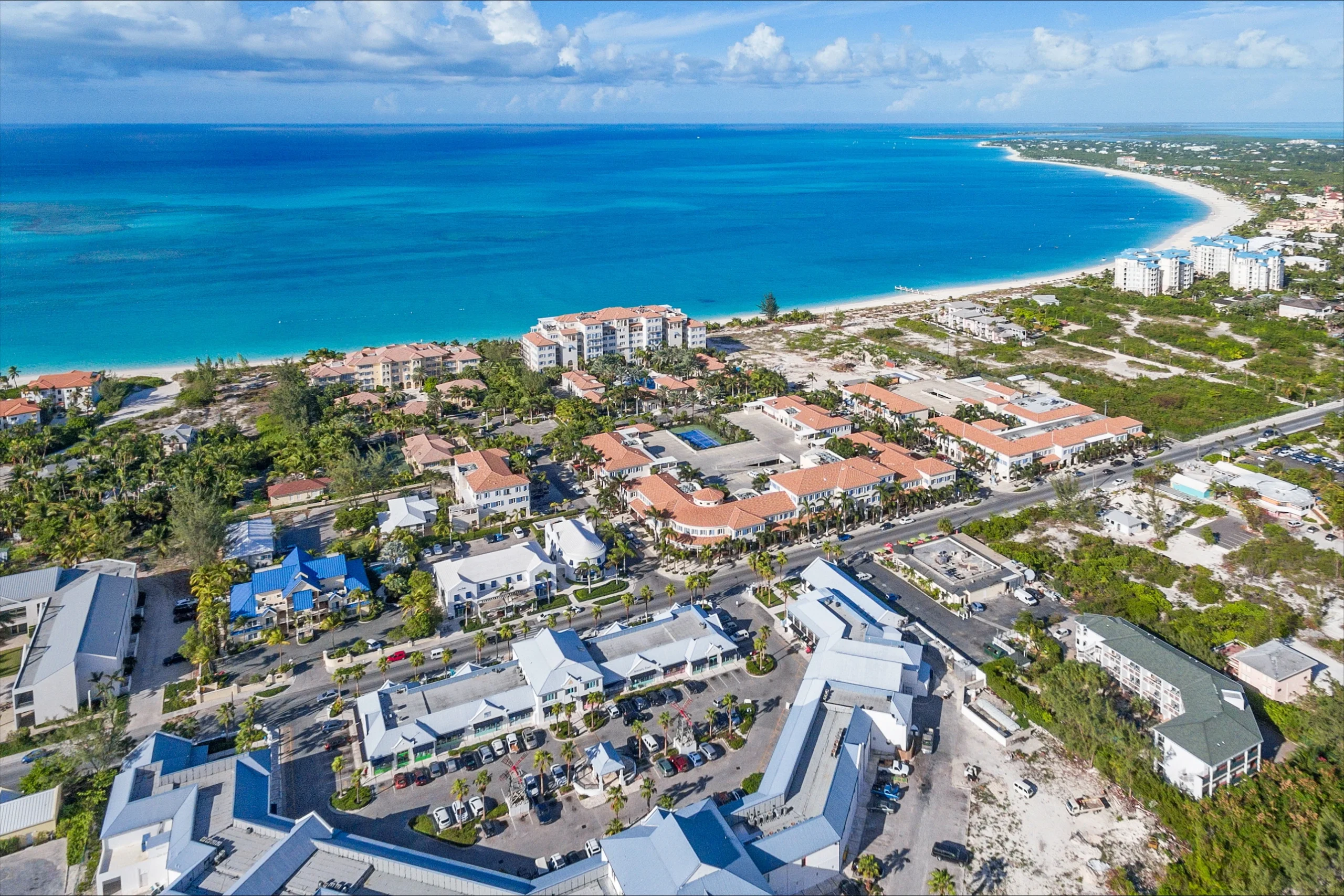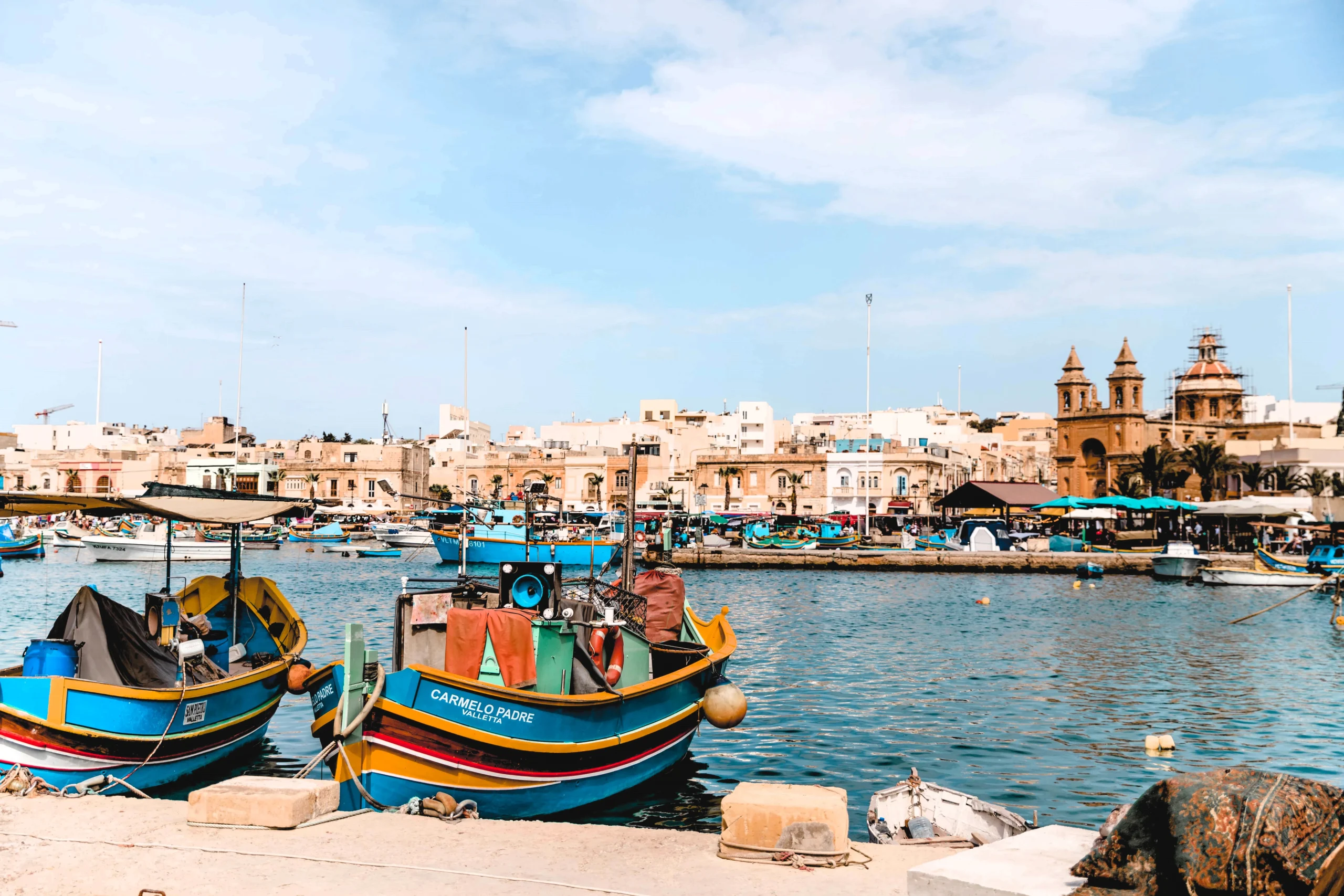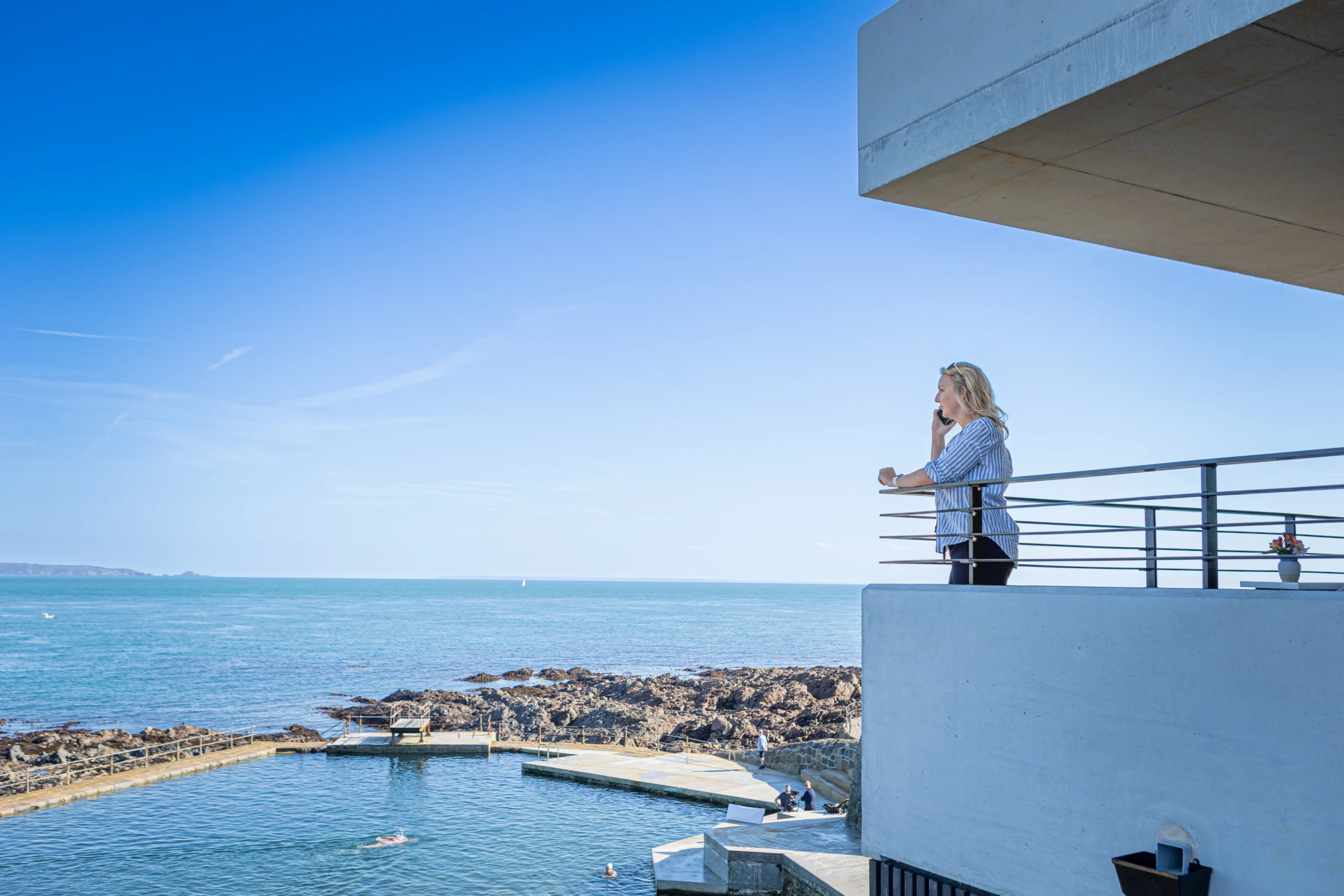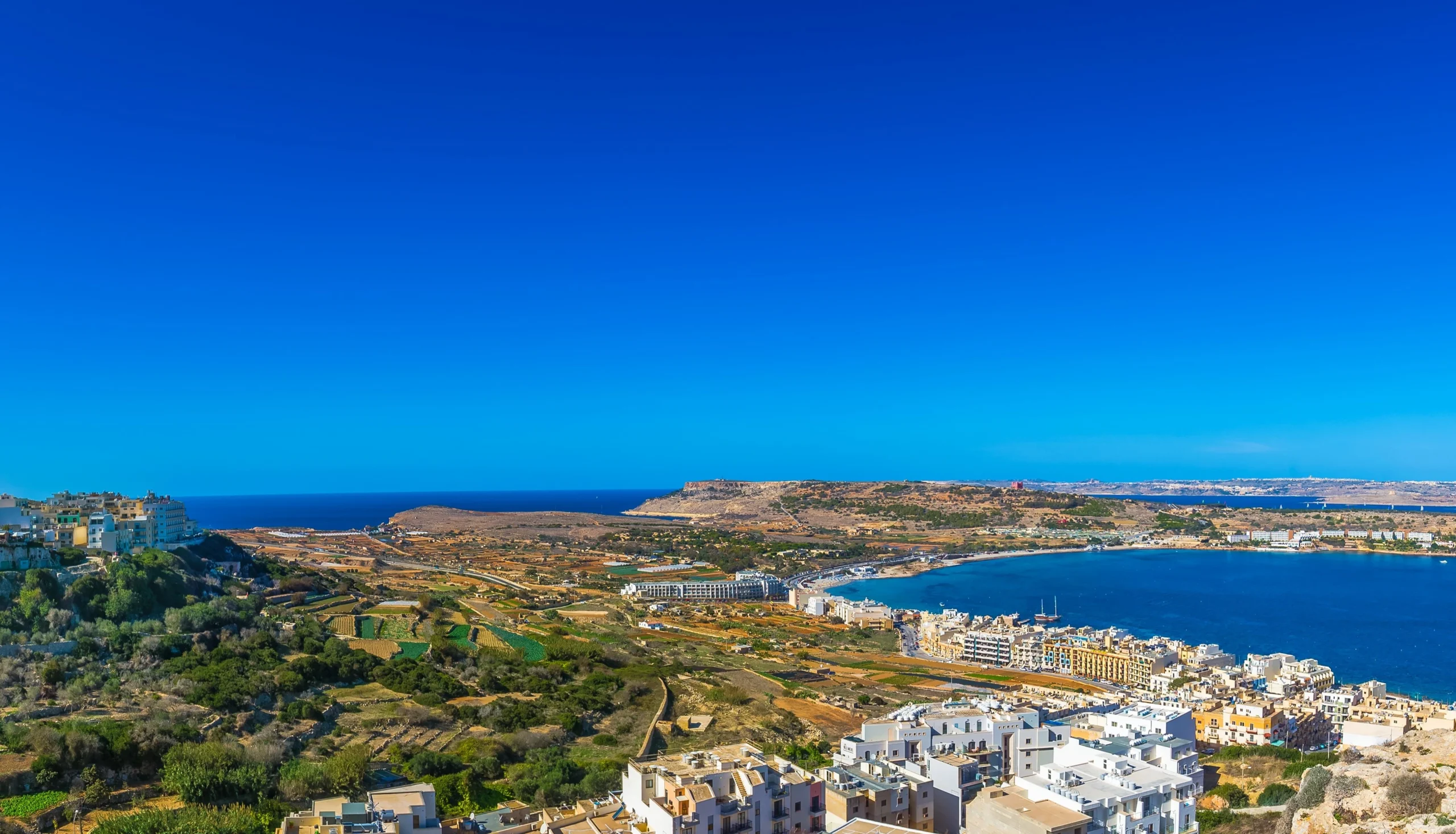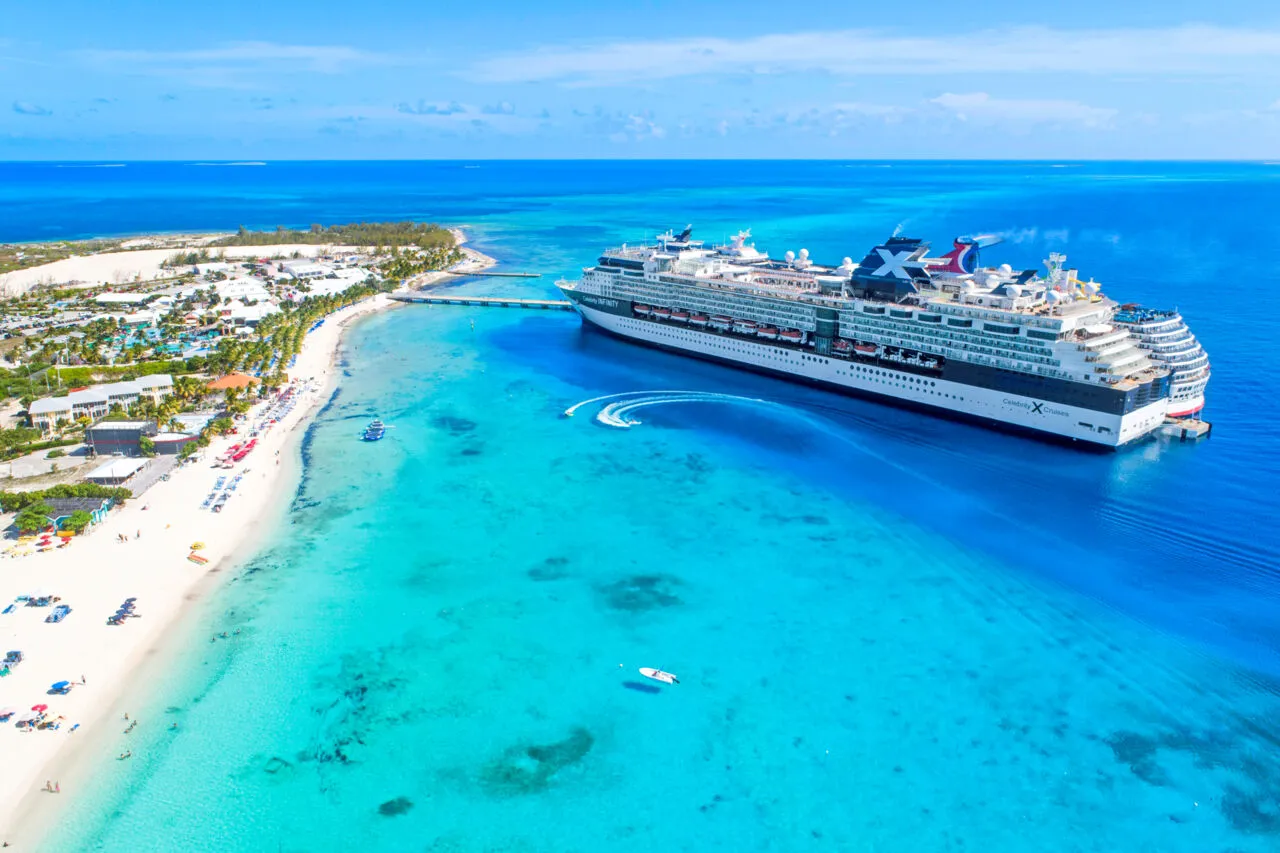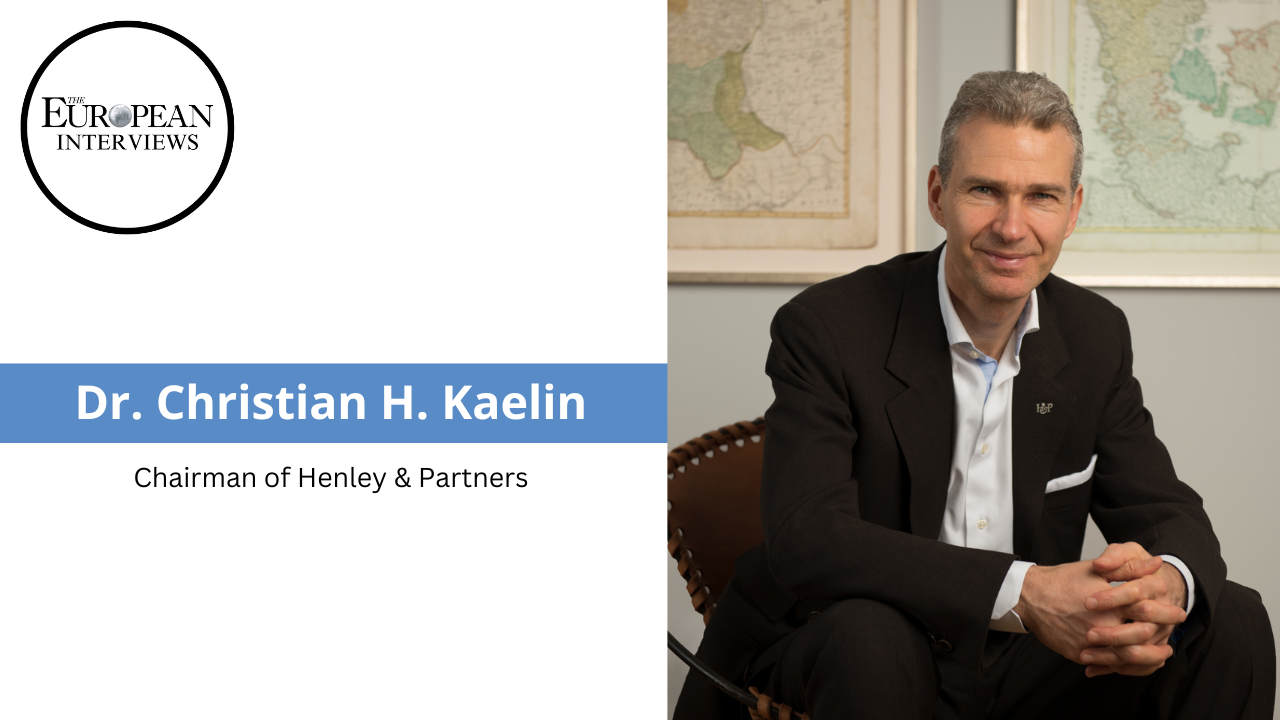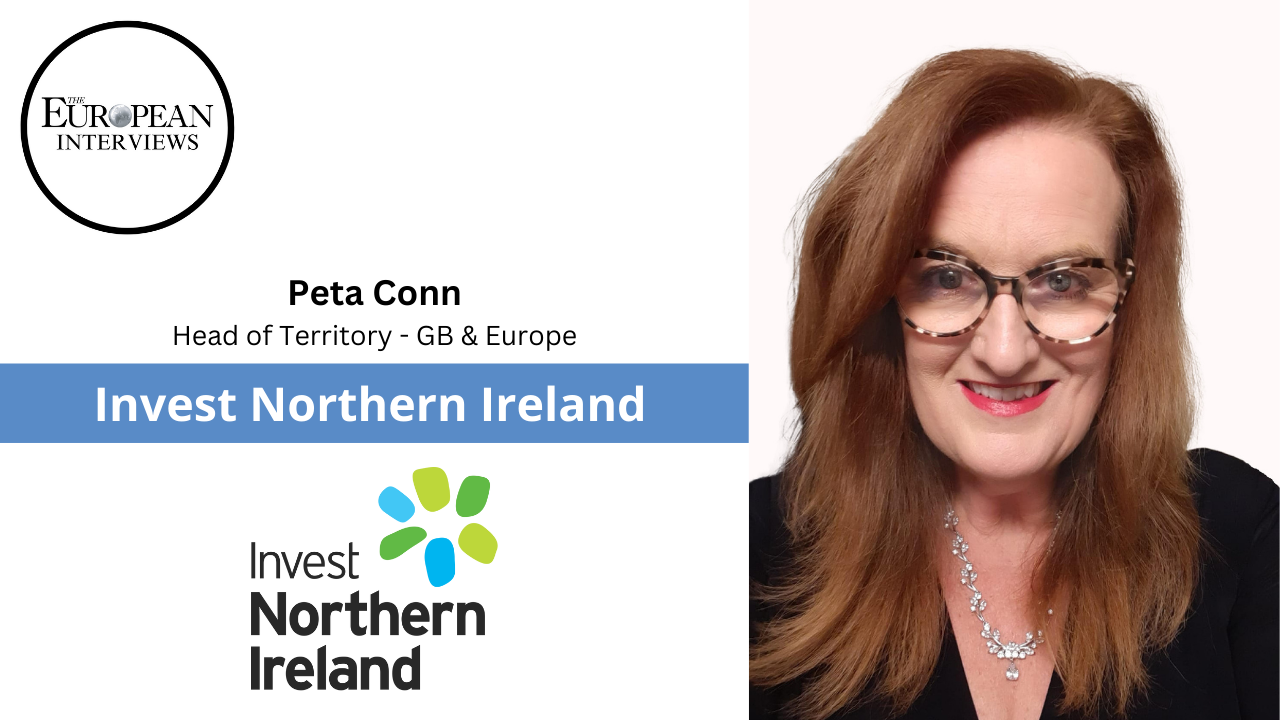Why the OECD matters for Costa Rica

John E. Kaye
- Published
- Foreign Direct Investment, Home

Sandro Zolezzi of CINDE discusses Costa Rica’s recent accession to the OECD, and outlines why membership offers such a boost to its FDI potential
On the 15 May Costa Rica received some great news – it had been invited as the 38th member of the Organization for Economic Cooperation and Development (OECD). Costa Rica becomes the fourth Latin American country to join the bloc, along with Chile, Mexico, and Colombia. The nation’s accession is the result of a five-year process of negotiations and adoption of legislative reforms, paving the way for the approval of the 22 OECD committees. OECD member countries currently account for 60% of world trade and represent 80% of global GDP.
The organisation is probably best known for three initiatives. The first is its regular economic reports, offering both a global outlook and for individual countries – its policy criticism can generate headlines. The second is its work on tax avoidance or BEPS (Base Erosion and Profit Shifting), which aims to allow countries to coordinate their policies. The third is its analysis of education standards or PISA (Program for International Student Assessment), which causes nations’ concern if they drop down the rankings. Costa Rica has participated in all of these initiatives since 2015.
Potential roadmap
It is important to bear in mind that although OECD membership is a seal of approval for member countries, economic progress can still be made without it. However, we are confident in the boost it will provide and the potential it has to improve FDI inflows to Costa Rica. There are three potential mechanisms whereby this may be achieved. First, and maybe the most important mechanism is the alignment between OECD objectives and Costa Rica’s new value proposition: the nation promises to fully commit to sustainability, driving forward investment in this area with real purpose. We understand that multinational companies inevitably seek growth, but the question has now become: what will this growth look like? Do you grow at all costs, or in the best possible way? Costa Rica believes in the latter, and therefore provides the best conditions to achieve comprehensive, sustainable growth, thus creating true value for investors, its citizens, and the wider world.
Our mission is to ensure our commitment to sustainability is communicated through all our organisational channels, so multinationals operating in the country understand that growth must reflect our, and OECD values. We’re confident in our systems, and that multinationals operating here can grow smarter, grow better, and grow together with Costa Rica.
Second, our becoming part of the OECD is a signal of the country’s commitment to both economic transparency and continuous improvement in governance. Companies investing in Costa Rica, especially those from OECD member countries, can trust that their investment will be respected and promoted. Moreover, they will be reassured by a reinforced sense of legal certainty and rule of law. This is why Costa Rica is perfectly set up for FDI. Our systems support “efficiency-seeking investment”, which can be defined as FDI that comes into a country seeking to benefit from factors that enable it to compete in international markets. This is particularly important for countries looking to integrate into the global economy and move up the value chain, and 65% of Costa Rica’s total FDI inflows in 2019 were from organisations seeking this type of opportunity.
The third potential mechanism is the localisation of firms, which can be an important factor in attracting new foreign direct investment into a host country – localisation is high priority among those eyeing FDI. Here, two effects can be distinguished: “efficiency agglomerations” which arise as firms increase their efficiency by locating close to each other, and “demonstration effects” whereby existing firms send signals to new investors as to the reliability and attractiveness of the host country. Such “demonstration effects” have been alluded to by Krugman* in discussing the strong growth of FDI inflows into Ireland over the recent decades. He points out that as foreign firms face greater uncertainties than domestic firms in the host country, they may have strong incentives to follow previous investors because of the signal they send regarding the reliability of the host country. US companies took advantage of this effect when Intel began operations in Costa Rica in 1997. This mechanism might be useful for European companies, where the OECD was founded. It is likely that some foreign investors would be more actively motivated to invest in Costa Rica because of its new OECD membership.
Regardless of how our adherence to OECD structures translates into the economy, what matters is that we now have the endorsement of countries with more advanced public policies and governmental practices, which we can use to our advantage.
Costa Rica is still in the initial stages of its development, but OECD membership is expected to help us reach our full potential. It is up to Costa Rica to make the most of it. ν
Further information
*Good News from Ireland: A Geographical Perspective. Krugman, P. R. (1997).
RECENT ARTICLES
-
 Zanzibar’s tourism boom ‘exposes new investment opportunities beyond hotels’
Zanzibar’s tourism boom ‘exposes new investment opportunities beyond hotels’ -
 Residence and citizenship planning is reshaping global wealth strategies
Residence and citizenship planning is reshaping global wealth strategies -
 Building sovereign bridges by attracting global investors
Building sovereign bridges by attracting global investors -
 Bahrain cuts property investment threshold for golden residency
Bahrain cuts property investment threshold for golden residency -
 Where mobility meets opportunity: Malta’s strategic advantage for global investors and innovators
Where mobility meets opportunity: Malta’s strategic advantage for global investors and innovators -
 UK government sets up Women in Tech taskforce amid gender imbalance concerns
UK government sets up Women in Tech taskforce amid gender imbalance concerns -
 Malta introduces Nomad Heritage Card for remote professionals
Malta introduces Nomad Heritage Card for remote professionals -
 How free global cities could reshape the future of migration
How free global cities could reshape the future of migration -
 Dominican Republic positions itself as Caribbean hub for sustainable trade and investment
Dominican Republic positions itself as Caribbean hub for sustainable trade and investment -
 Biviana Riveiro Disla speaks to The European about the Dominican Republic’s role as a hub for trade and investment
Biviana Riveiro Disla speaks to The European about the Dominican Republic’s role as a hub for trade and investment -
 Liechtenstein tops global index for foundations
Liechtenstein tops global index for foundations -
 Keeping the door open: wealthy UK citizens investing their way back into the EU
Keeping the door open: wealthy UK citizens investing their way back into the EU -
 Ethiopia emerges as a sustainable investment leader on the African stage
Ethiopia emerges as a sustainable investment leader on the African stage -
 France’s FDI renaissance marks a Nouvelle Ère for Europe
France’s FDI renaissance marks a Nouvelle Ère for Europe -
 The Turks and Caicos Islands: A new era for financial services and innovation
The Turks and Caicos Islands: A new era for financial services and innovation -
 Jersey in focus – an interview with Chief Minister Deputy Lyndon Farnham
Jersey in focus – an interview with Chief Minister Deputy Lyndon Farnham -
 Malta – a popular base for digital nomads
Malta – a popular base for digital nomads -
 Move to Guernsey: The Channel’s island gem
Move to Guernsey: The Channel’s island gem -
 Malta’s residency-by-investment programme: a clear path to permanent residency
Malta’s residency-by-investment programme: a clear path to permanent residency -
 The banking shift that Europe’s businesses can’t afford to ignore
The banking shift that Europe’s businesses can’t afford to ignore -
 High-net-worth Europeans turn to investment migration amid security fears
High-net-worth Europeans turn to investment migration amid security fears -
 Beyond the beaches: a spotlight on the Turks and Caicos Islands
Beyond the beaches: a spotlight on the Turks and Caicos Islands -
 Video Interview with Dr. Christian H. Kaelin of Henley & Partners
Video Interview with Dr. Christian H. Kaelin of Henley & Partners -
 Ireland’s resilience and future in Foreign Direct Investment
Ireland’s resilience and future in Foreign Direct Investment -
 Video Interview with Peta Conn of Invest Northern Ireland
Video Interview with Peta Conn of Invest Northern Ireland




